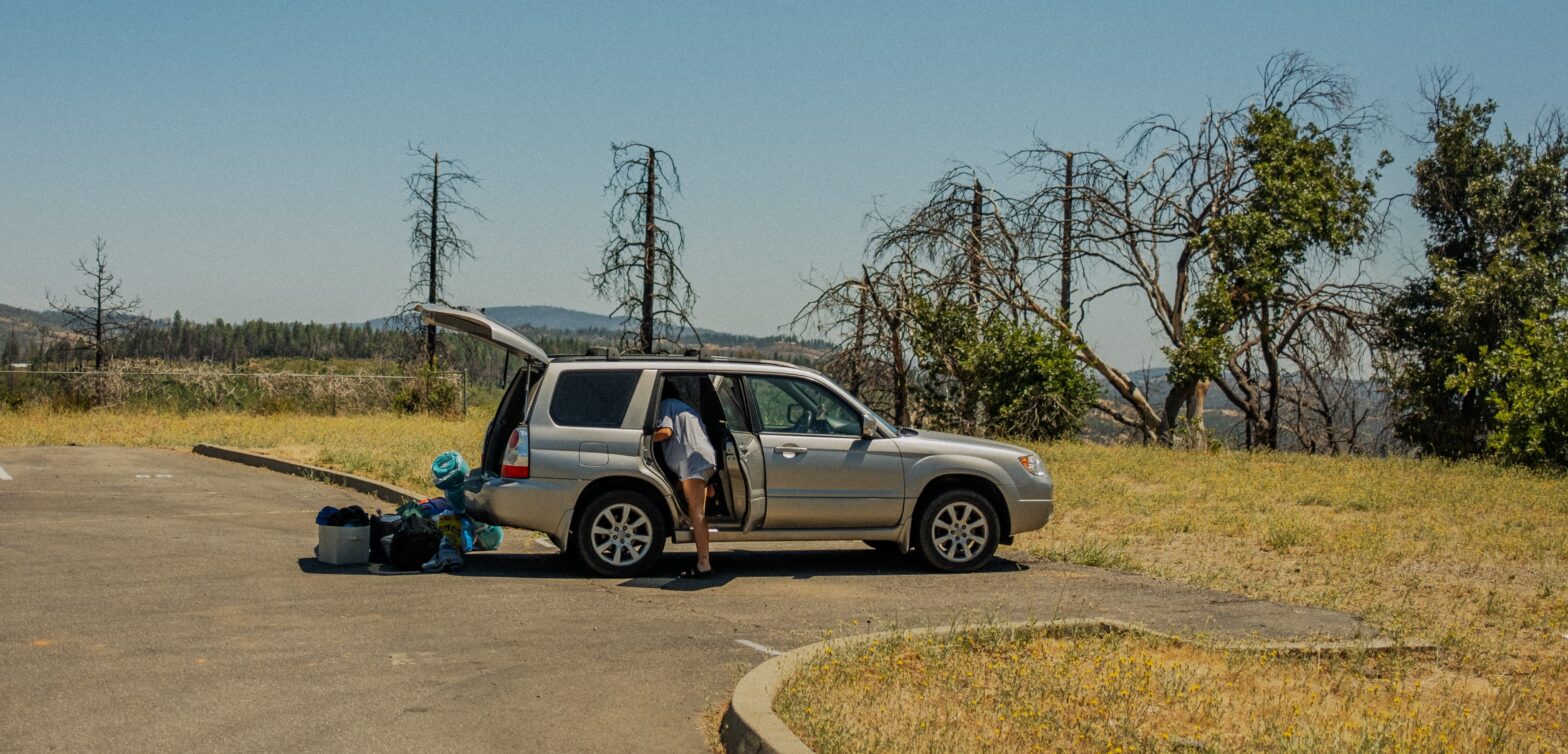Emergencies and unforeseen situations can strike at any time, leaving us vulnerable and in need of immediate assistance. Whether it’s a sudden breakdown, extreme weather conditions, or unexpected accidents, being prepared for emergencies while on the road is crucial for your safety and well-being. In this comprehensive guide, we will explore the essential items to pack in your car to ensure you are well-equipped to handle unexpected situations on the road.
Emergency Survival Kit
Every vehicle should be equipped with a well-organized emergency survival kit. This kit should include items such as:
- Water and Water Purification Tablets: Staying hydrated is vital, especially during emergencies. Pack several bottles of water and water purification tablets to ensure a clean and safe drinking source.
- Non-Perishable Food: Include high-energy snacks like energy bars, nuts, and dried fruits. These items have a long shelf life and can keep you nourished during extended waiting periods.
- First Aid Kit: A basic first aid kit should contain bandages, antiseptic wipes, gauze, adhesive tape, tweezers, scissors, and pain relievers. Customize the kit according to your family’s specific medical needs.
- Flashlights and Batteries: Pack durable LED flashlights and extra batteries to provide illumination during the night or in low-light situations.
- Multi-Tool and Swiss Army Knife: These versatile tools can be invaluable for various tasks, from minor repairs to opening canned food.
- Emergency Blankets: Lightweight and compact, emergency blankets provide warmth during cold weather conditions and can also be used for signaling for help.
- Duct Tape and Rope: These items are versatile and can be used for makeshift repairs or securing objects.
- Whistle: A loud whistle can be heard from a distance and is an essential tool for signaling for help if you’re stranded.
- Personal Hygiene Items: Include items like hand sanitizer, wet wipes, and tissues to maintain hygiene in emergency situations.
Tools and Equipment
Having the right tools in your car can make a significant difference in handling minor mechanical issues and getting back on the road. Pack the following tools and equipment:
- Car Jack and Spare Tire: Ensure your car jack is in good working condition and that you have a fully-inflated spare tire.
- Jumper Cables: Dead batteries can happen unexpectedly. Jumper cables are essential for jump-starting your car with the help of another vehicle.
- Tire Pressure Gauge: Proper tire pressure is crucial for fuel efficiency and safe driving. Regularly check your tire pressure and have a gauge handy.
- Basic Toolkit: Include tools such as wrenches, pliers, screwdrivers, and a socket set for minor repairs.
- Tire Repair Kit: A portable tire repair kit can help you temporarily fix a punctured tire and reach the nearest service station safely.
Communication Devices
Staying connected with the outside world is vital during emergencies. Pack the following communication devices:
- Fully Charged Mobile Phone: Keep a fully charged mobile phone with you at all times. Invest in a portable power bank to recharge your phone in case of a power outage.
- Emergency Radio: A hand-crank or solar-powered emergency radio can provide weather updates and important information during emergencies.
- Car Charger: A car charger for your mobile phone can help you keep your device powered while driving.
Personal Documents and Cash
In emergencies, having essential documents and cash readily available can help expedite assistance and make necessary arrangements. Pack the following documents in a waterproof container:
- Identification Documents: Include copies of your driver’s license, passport, and other identification documents.
- Emergency Contacts: Have a list of emergency contacts, including family members, friends, and local authorities.
- Insurance Information: Keep a copy of your car insurance policy and contact details for quick reference.
- Cash: Keep a small amount of cash in small denominations for emergency purchases or services in case electronic transactions are not possible.
Conclusion
Being prepared for emergencies while on the road is not just a matter of convenience; it is a matter of safety and well-being. By packing the right supplies, tools, and communication devices, you can significantly enhance your ability to handle unexpected situations and ensure the safety of yourself and your passengers. Remember to regularly check the contents of your emergency kit and replace any expired items. By staying prepared, you can travel with confidence, knowing that you are equipped to handle whatever challenges the road may throw your way. Stay safe, stay prepared, and always be ready for the unexpected.
